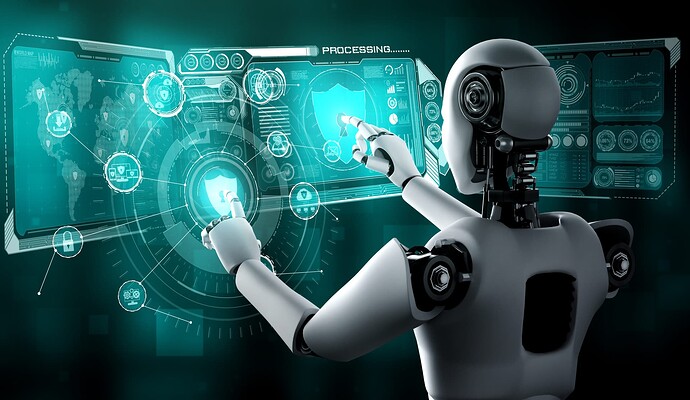AI isn’t just a cool word anymore or some kind of robots that we saw in cool old movies like Matrix, Terminator and so on, it’s right now truly changing how we work and coming into our daily work not only on the MKT side but also and especially for people in operations.
Think about all those repetitive and tedious tasks, like entering specific data, scheduling calls, or keeping track of your backlog and many others. More and more companies are turning to AI tools to automate these jobs and free up precious time to some guy in the company.
I’m talking about you, the operators. ![]() You’re the people who keep projects on track, make sure everyone knows what they’re doing, and help teams actually get things done. You’re the ones holding it all together behind the scenes. And in Web3, that’s no small task.
You’re the people who keep projects on track, make sure everyone knows what they’re doing, and help teams actually get things done. You’re the ones holding it all together behind the scenes. And in Web3, that’s no small task.
Think about your day-to-day. You’re juggling timelines, coordinating devs and designers, checking community sentiment, keeping stakeholders updated, chasing people for approvals, monitoring governance proposals, handling compliance checks, and making sure a dozen moving parts don’t crash into each other.
It’s a LOT. And let’s be realistic, some of it’s very annoying, and you might be thinking why me ![]() ???
???
Like manually updating dashboards with the latest on-chain data, tracking smart contract deployments across multiple chains, prepping endless reports, or combing through Discord for community feedback.
Here’s where AI comes in to make life easier:
Imagine AI tools that auto-summarize long governance threads so you’re not reading walls of text. Or AI agents that pull real-time blockchain analytics straight into your dashboards without you lifting a finger. Or bots that sift through Discord and Telegram to highlight emerging issues or common user questions before they blow up.
AI is also stepping up in risk and security ops. Tools out there are ready for scanning chains for suspicious activity 24/7, flagging potential exploits before they become PR nightmares. For operators, that’s huge peace of mind, and fewer fires to fight at 2 a.m.
Even the boring parts of scheduling and planning are getting smoother. AI can help coordinate multi-sig signers in different time zones, manage task boards, or generate project updates for stakeholders. Less copy-pasting, more time spent on real problem-solving.
And here’s the thing that must be mentioned: AI’s not replacing operator. it’s freeing them up. It handles the repetitive grind so we can focus on strategic decisions, creative solutions, and keeping our projects moving forward.
So if you’re in Web3 ops, the question isn’t whether AI will affect your work, it’s how you’ll harness it to make your job easier and your projects even more successful.
So fellas, how do you see AI helping you stay on top of your operations game?
